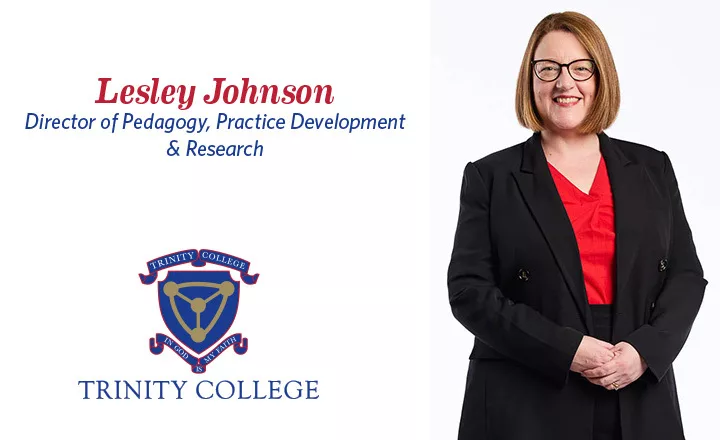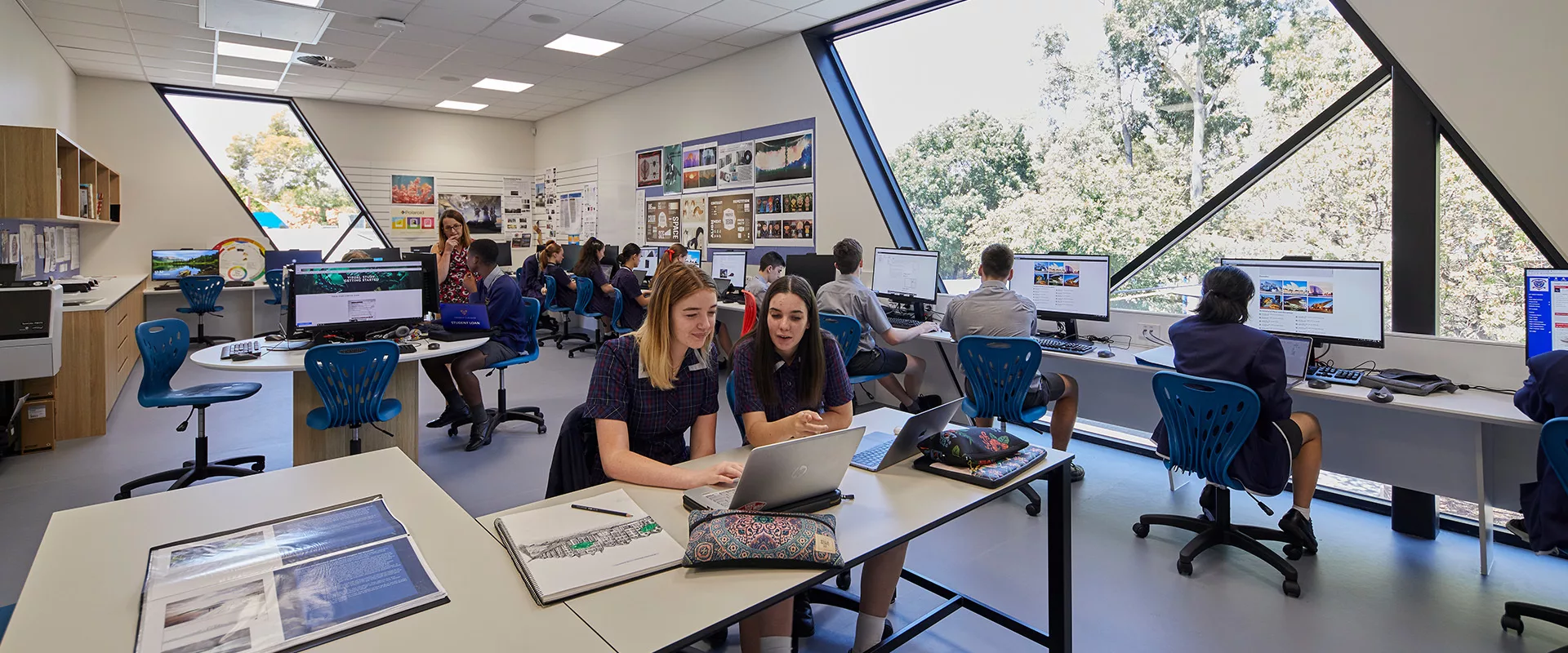Current Research

The networks and associated practices of social learning amongst teachers engaged in practitioner research: A value creation analysis
Introduction and Rationale
This study uses a practice architectures framework, supplemented by Markauskaite and Goodyear’s (2017) ideas on the embodied and situated nature of professional knowledge, to investigate how social learning supports teachers’ knowledge construction and practice development as practitioner researchers. The intent is to explore how these practices foster a “research-rich” and “research-engaged” professionalism (BERA/RSA, 2014; Mills et al., 2021) within a large independent college in South Australia. Specifically, the project seeks to uncover the networks and learning practices at work among teachers enrolled in the Professional Certificate of Future-Oriented Learning (PCFOL), while identifying the practice architectures that both shape and are shaped by these networks (Kemmis et al., 2014; Markauskaite & Goodyear, 2017).
We live in a rapidly changing world where career trajectories evolve at an accelerating pace (Bersin, 2017). This demands a future-oriented curriculum that fosters complex skills—such as creativity, critical thinking, collaboration, communication and student agency—to prepare students for as-yet-undetermined roles and contexts. Implementing such a curriculum requires more than basic content knowledge or isolated skillsets. Instead, it calls for teachers who can operate as sophisticated, adaptive professionals capable of generating new practices through ongoing inquiry and reflection (Bourke et al., 2015; Hargreaves, 2000; Lloyd & Davis, 2018; Sachs, 2003).
Yet in many school contexts, professional development remains limited to a transmission model, where teachers attend workshops offering fragmented “tips and tricks.” Such approaches are insufficient for driving the kind of sustained, future-focused transformation required in schools (Cochran-Smith & Lytle, 2021; Mockler, 2020). Teachers must become adept at co-constructing knowledge through collaborative research and inquiry if they are to navigate the complex demands of a future-oriented profession (Mills et al., 2021).
Context: Trinity Research Institute and the PCFOL
In response to these challenges, Trinity College has embraced what might be termed “catalytic learning opportunities” through various formal and informal professional learning options—a direct attempt to align with emerging discourses about research-engaged teaching (McLaughlin & Wood, 2021; Mills et al., 2021; White, 2021). A particularly relevant initiative is the Professional Certificate of Future-Oriented Learning (PCFOL). The PCFOL provides a structure for teachers to explore an authentic practice-based innovation, grounded in robust research, that is intended to help evolve their pedagogy to better serve students and the broader school community. Participants investigate a chosen area of practice concern or innovation, collect and analyse data with support from the Trinity Research Institute and UniSA, and then disseminate their findings to a wider educational audience.
While the PCFOL is designed to promote teacher agency and collaborative inquiry, we lack a detailed understanding of the social networks and associated practices that help (or hinder) participants’ learning and knowledge creation as they engage in this practitioner research. Drawing on Markauskaite and Goodyear’s notion of “epistemic fluency”—the ability to navigate different forms of knowledge and practice—we aim to clarify how participants build and share expertise through group processes and reflective work.
Research Questions
- Networks and Practices: What are the networks and associated practices of learning amongst the participants engaged in the PCFOL?
- Practice Architectures: What are the practice architectures—cultural-discursive, material-economic, and social-political—that shape (and are shaped by) these networks?
Theoretical Framework
- Practice Architectures
- Building upon the work of Kemmis, Grootenboer, and colleagues (Kemmis et al., 2014), “practice architectures” refer to the cultural-discursive, material-economic, and social-political arrangements that both enable and constrain practitioners. They shed light on how certain “sayings, doings, and relatings” become established within a site, and how these, in turn, shape practice development.
- In the context of Trinity College, this lens allows us to see how institutional norms, resource availability, power relations, and shared language shape the ways teachers engage in social learning for research-rich professionalism.
- Markauskaite and Goodyear’s Approach
- Markauskaite and Goodyear (2017) emphasise how professional knowledge is embedded in complex socio-material contexts. Their concept of “epistemic fluency” underscores that teachers’ learning is not just a matter of acquiring discrete knowledge, but also navigating various epistemic tools and social practices that allow them to integrate research, theory, and practice.
- This perspective complements practice architectures by helping illustrate how teachers’ communal and individual strategies of meaning-making and tool use (e.g. data analysis software, research protocols, reflective dialogue) foster the growth of knowledge within networks.
- Social Learning and Practitioner Research
- Engaging in practitioner research requires educators to adopt reflective and collaborative approaches that transform not just their personal classroom practice, but potentially the culture and structures of their schools (Cochran-Smith & Lytle, 2021). Social learning theories highlight the relational and networked nature of such growth: knowledge is co-constructed, tested, and refined through dialogue, feedback loops, and community-based inquiry.
Significance and Potential Contributions
- By using practice architectures and epistemic fluency as primary lenses, this project aims to capture how teachers in a large independent school negotiate the complexities of practitioner research in their everyday environment.
- It seeks to uncover the tensions, opportunities, and patterns of relational learning that emerge as teachers collaborate on real practice concerns.
- Findings will inform the design of more cohesive professional structures in the College, highlighting ways institutional supports, policies, and resource distributions either enable or constrain teacher inquiry.
- More broadly, this research will contribute to discussions on how to facilitate meaningful, socially oriented teacher professional learning that transforms practice from within.
Methodology
- A qualitative case study approach will be employed, using methods such as semi-structured interviews, observations, and document analysis. Networking tools like sociograms may also be used to map teachers’ collaborative connections.
- Data will be analysed using thematic coding aligned with practice architectures (Kemmis et al., 2014) and Markauskaite and Goodyear’s conceptual framework of epistemic fluency. Particular attention will be paid to how teachers talk about and enact “research-rich” professionalism, the patterns of co-production of knowledge, and the broader constraints or affordances of the system.
Education in uncertain times demands more than standard transmission-oriented professional development. It requires robust networks of social learning, embedded in everyday practice, that allow teachers to be co-researchers of their professional context. This study provides an opportunity to understand, at a granular level, how the Professional Certificate of Future-Oriented Learning fosters (or fails to foster) rich knowledge-building networks. By applying practice architectures and insights from Markauskaite and Goodyear, we seek to better understand the socio-material underpinnings of teachers’ practitioner research, and the broader transformations possible in a complex school environment aiming for a genuinely future-oriented professionalism.


